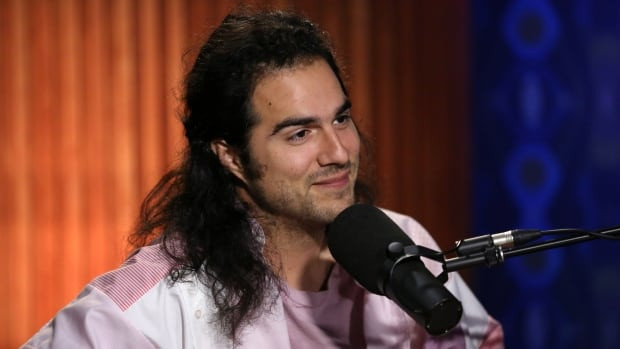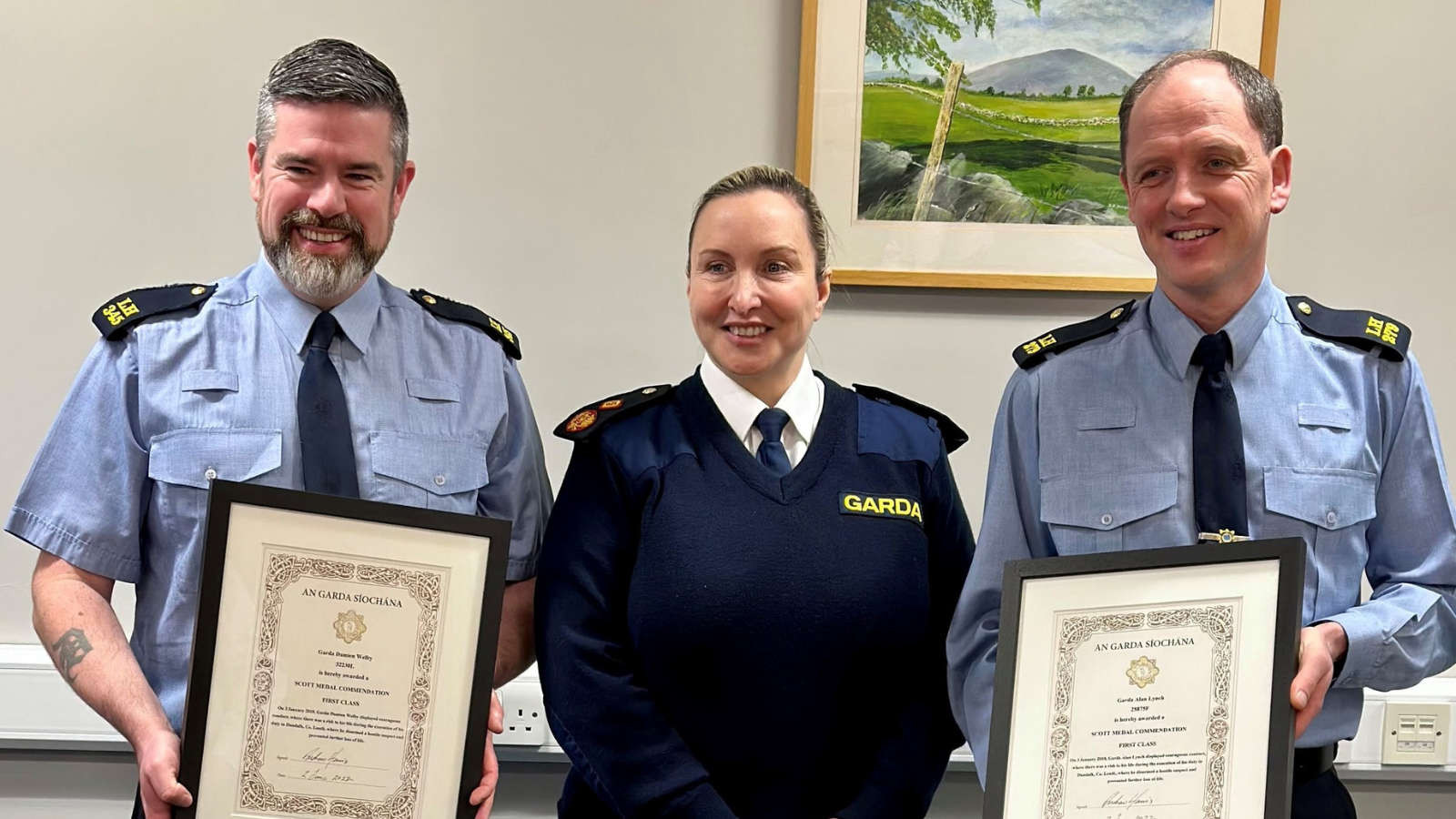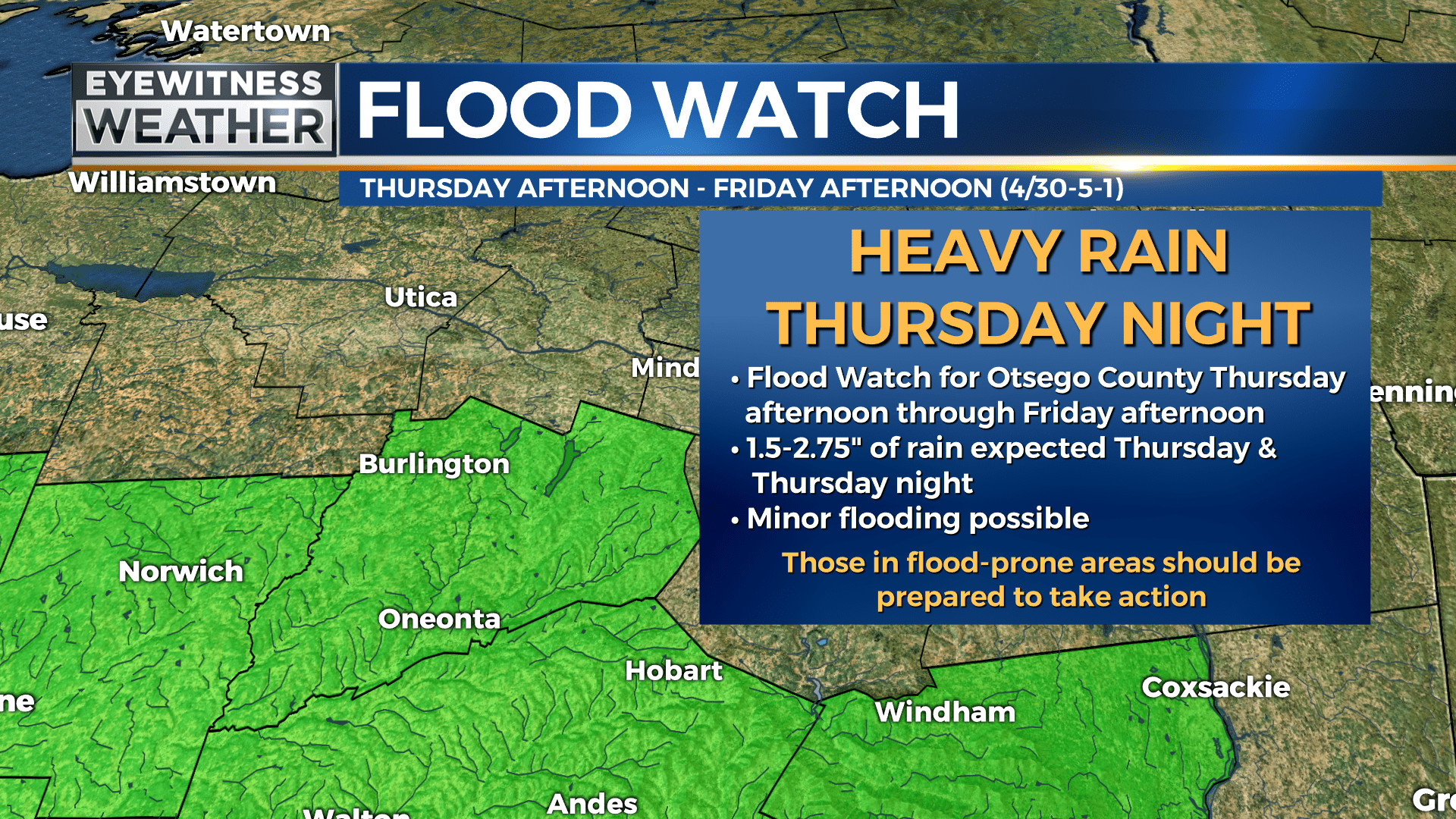Jeremy Dutcher has won the 2024 Polaris Music Prize for Motewolonuwok, making history as the first two-time winner of the prize. The honor, which comes with a $50,000 prize, goes to the best Canadian album of the year as chosen by a jury of journalists and broadcasters. The awards gala went down tonight at Toronto’s Massey Hall.
Dutcher, an Indigenous singer and classical composer from Fredericton, New Brunswick, released his sophomore album Motewolonuwok on Secret City last fall, and it was his first featuring original songs and first with lyrics in English. His debut album, Wolastoqiyik Lintuwakonawa, was awarded the Polaris Music Prize in 2018.
Motewolonuwok was chosen from a shortlist that also included Cindy Lee’s Diamond Jubilee, the Beaches’ Blame My Ex, Allison Russell’s The Returner, BAMBII’s INFINITY CLUB, Charlotte Cardin’s 99 Nights, DijahSB’s The Flower That Knew, Elisapie’s Inuktitut, NOBRO’s Set Your Pussy Free, and TOBi’s Panic.
Last year‘s winner was GOOD LUCK by Debby Friday, who served as the host of tonight’s event.
Dutcher’s win makes him the first artist to win the Polaris Music Prize twice, a significant achievement in the Canadian music scene. The prize is awarded to the Canadian album of the year based on artistic merit, and it is widely considered to be one of the most prestigious music awards in the country. Dutcher’s win is a testament to his talent and creativity, and it is sure to bring him even more attention and acclaim.
A Deeper Dive into Dutcher's Success
Dutcher’s journey to becoming a two-time Polaris Music Prize winner is an inspiring one. He first won the prize in 2018 for his debut album, Wolastoqiyik Lintuwakonawa, which featured the operatic tenor duetting in the Wolastoq language with archival recordings of his ancestors. The album was a critical and commercial success, and it helped to introduce Dutcher to a wider audience.
His latest album, Motewolonuwok, is a continuation of his exploration of Indigenous culture and identity. The album features songs that are both personal and political, and it showcases Dutcher’s incredible vocal range and musical ability. In a 2024 interview with Billboard, Dutcher described the album as confronting the nuances of the modern Indigenous experience, from its sorrow to its joy. He acknowledged that bringing English into the concept was a decision to meet partway with the listeners he acquired in the years after his first Polaris win.
The Polaris Music Prize: A Renowned Canadian Award
The Polaris Music Prize is a highly respected Canadian music award that recognizes the best Canadian album of the year. The award is judged by a jury of journalists and broadcasters who are experts in the Canadian music scene. The winner of the Polaris Music Prize receives a $50,000 cash prize and heightened global awareness for their album.
The Polaris Music Prize has been awarded annually since 2006, and it has become a major event in the Canadian music calendar. The award has helped to launch the careers of many Canadian artists, and it has played a significant role in promoting Canadian music both domestically and internationally.
Dutcher's Win: A Moment of Celebration
Dutcher’s win is a moment of celebration for Indigenous artists and for Canadian music as a whole. It is a testament to the power of music to connect people and to bring about positive change. Dutcher’s message of love, understanding, and peace is one that resonates with people all over the world, and his music is a reminder that we are all connected, no matter our background or beliefs.
Dutcher’s win is a powerful reminder that Indigenous voices are important and that they deserve to be heard. He has used his platform to advocate for Indigenous rights and to raise awareness of the issues facing Indigenous communities. His music is a powerful tool for change, and his win is a sign that the world is ready to listen. The music industry has taken notice and recognized Dutcher’s commitment to his cultural heritage, and the future of Canadian music has been shaped by his work. As he said in his acceptance speech, “To bring forward art and music in this land, in our languages, with our aesthetics,” he continued, “all I have to say is we’re here shining for you — now go shine for other people.”
A Look Back at Previous Winners
Previous winners of the Polaris Music Prize include some of Canada’s most talented and innovative artists. These include Haviah Mighty, Kaytranada, Pierre Kwenders and Debby Friday, who hosted this year’s proceedings.
Dutcher’s win is a significant milestone in the history of the Polaris Music Prize. It is a sign of the growing recognition of Indigenous artists in Canada and around the world. His win is a victory for all Indigenous people and a powerful reminder of the importance of celebrating and preserving Indigenous culture.
A Word on the Future of the Polaris Music Prize
The Polaris Music Prize is a vital institution in the Canadian music scene. It helps to promote Canadian music, and it provides a platform for artists to share their work with a wider audience. Dutcher’s win is a reminder that the Polaris Music Prize is a force for good in the world. It is an award that celebrates artistic excellence and that promotes cultural diversity. The award’s legacy continues to grow with every year, and Dutcher’s win is sure to be a highlight in its history.

















